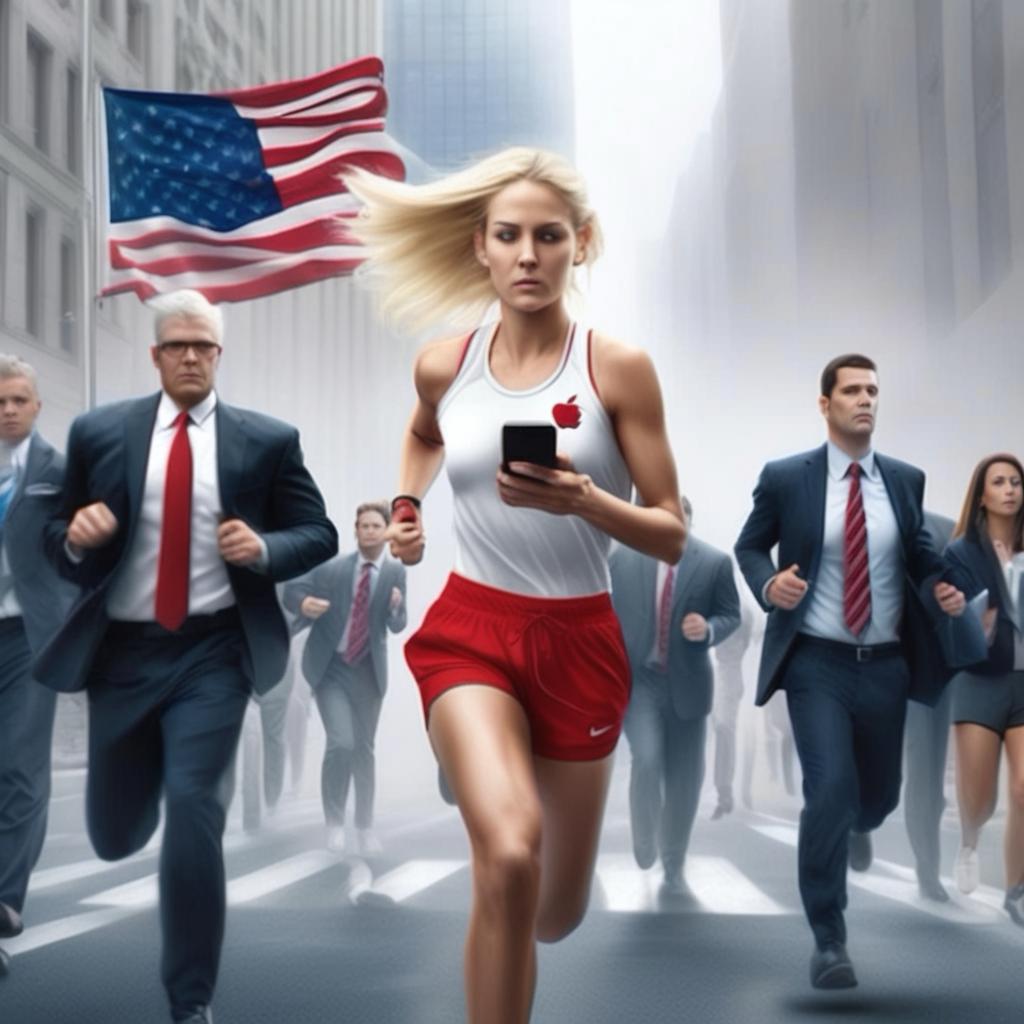During his lifetime, I often reached out to Steve Jobs, the ex-CEO and co-founder of Apple, seeking business insights. While he never replied, I always sensed a shared perspective.
I am confident that his guidance would have always emphasized the importance of prioritizing quality to attract the ideal clientele. This principle held true during the inception of Animators at Law, which later evolved into A2L Consulting and now continues as Persuadius.
My deep-rooted admiration for Apple dates back to before the groundbreaking launch of the Mac in 1984. Through thick and thin, my unwavering love for Macs and the company has been a constant. I attribute a significant portion of my success to the Mac, as its accessibility to graphics empowered me to delve into courtroom animation while in law school in the early 1990s. This initial spark later blossomed into establishing a trial graphics firm, which then transitioned into a jury consulting enterprise, a trial technology firm and ultimately a litigation consulting powerhouse.
Most of my classmates thought I was weird. I'm proud to say that many still do. I know Steve Jobs would be proud.
Few had thought of combining lawyers and artists in the early 90s. To date, I don't think anyone's done it better, for which I credit the thinking behind Apple and Steve Jobs. Deliver quality, and the kinds of people you want to sell to will buy it.
In our case, Persuadius combines exceptional legal (psychological and technical) and artistic thinking to deliver litigation consulting better than all of our competitors. The people who buy from us tend to be very successful trial lawyers, often from the Amlaw 100.
That same Jobsian thinking, taken to an extreme, has gotten Apple in trouble this time. I remember being bullied for having a Mac that was incompatible with other devices back in the day. But bullies grow up and eventually hurt people hurt other people. I'm afraid so do the people at Apple. Yesterday, they got sued for being the bully, and it hurts my geeky heart.
My former colleague, now Judge Ryan Flax, wrote an exceptional series of articles about Apple's trial success against Samsung over patented technology. As he said before the jury sided with Apple in one key case, "The outcome will be the result of good storytelling and demonstrative evidence, not necessarily the best legal case." Apple would go on to win nearly $1 billion in jury verdicts and settlements, but they had one significant advantage they do not have in this case — a jury.
There is certainly a lot that can be done to influence a judge's decision-making behavior. Storytelling, demonstrative evidence, intelligence, and the trial lawyer's likeability all play a role. They just don't play as big a role as they do with a jury.
Why Apple Might Lose
There are several reasons why Apple might lose the antitrust case filed yesterday against the company by the US government. It won't be due to a lack of storytelling and demonstrative evidence, I promise. If they lose, it will be because:
1. Apple's proprietary ecosystem of interconnected gadgets and its dominance over the Apple Store could potentially be perceived as anti-competitive and a breach of antitrust regulations. It's ironic how what was once subject to mockery and jest now stands as a point of contention. History has a way of reminding us of past injustices, especially when the balance of power shifts.
2. The 30% commission on in-app purchases has sparked debate about fairness and competition, with some arguing that it limits innovation and consumer choice. As a result, regulators are now scrutinizing Apple's practices, questioning whether the company is leveraging its dominance to stifle competition and maintain its stronghold in the digital marketplace. This scrutiny highlights the evolving landscape of antitrust regulations and the need for tech giants like Apple to adapt their business models to align with changing expectations of fairness and transparency.
3. The case against Apple is part of a broader push by regulators to hold big tech companies accountable for their business practices, which may make it more difficult for Apple to defend itself.
If the court finds in favor of the U.S. government, Apple may face significant financial penalties and be forced to make significant changes to its business model, which could negatively impact the company's bottom line.
Why Apple Should Settle
While Apple has made efforts to address the case, it is crucial for them to seek a resolution. Despite their ability to outspend their opponent, the focus should be on helping upper management grasp the gravity of potential losses. It is essential to acknowledge that the once-dismissed "playground geek" has transformed into the bully and that may necessitate a strategic retreat.
If I were their general counsel, I would invest heavily in many mock bench trials (of course, using Persuadius) to understand what might work and why and what happens if they lose. They have to balance this with not wanting to distract their first-chair litigators too much.
Tim, it's not a good time to ask WWSD. I am afraid that he would give the wrong answer here.
Other articles and resources related to antitrust litigation and/or trial graphics:
- Antitrust Litigation Graphics: Explaining Complex Information Simply
- How to Use Litigation Graphics in Antitrust Cases
- Antitrust Litigation Graphics: Monopoly Power and Price Fixing
- Using Litigation Graphics in Bench Trials: How Different Is It From Jury Trials?
- 12 Reasons Bullet Points Are Bad (in Trial Graphics or Anywhere)
- 5 Ways That a Mock Trial Informs and Shapes Voir Dire Questions
- Font Matters - A Trial Graphics Consultant's Trick to Overcome Bias
- 6 Studies That Support Litigation Graphics in Courtroom Presentations
- 8 Videos and 7 Articles About the Science of Persuasion
- Please Pretty Up These Litigation Graphics
- How Long Before Trial Should I Begin Preparing My Trial Graphics?
- Request a confidential conflict check from A2L Consulting now






Leave a Comment